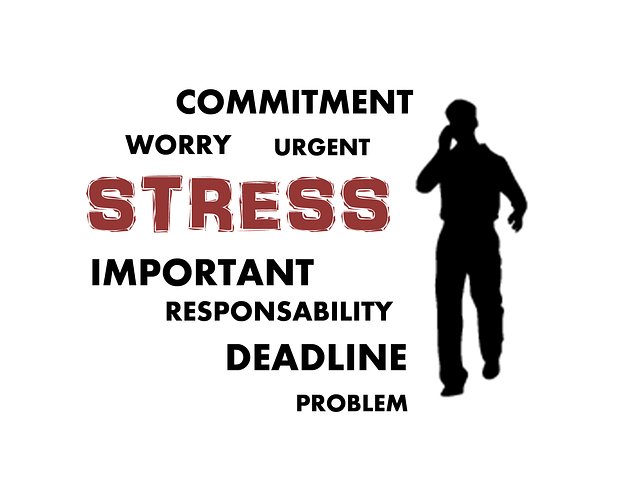A couple of years ago, I began making some lame attempts at meditation, mostly in hopes that it would help calm the tangled frenzy of chatter constantly orbiting around my brain.
The exercise of quieting one’s thoughts for a few moments every day is generally helpful. Although it is extremely difficult for me to stop and do nothing when instead I could be working, or answering email, or eating a delicious cupcake.
But I have kept at it, and tried to discipline myself.
I always viewed meditation as a purely spiritual exercise, with no thought of any specific applications to my business or leadership life, other than how it might impress my colleagues if they knew I was practicing meditation.
But it turns out there is a slew of research that says meditation, or “mindfulness,” is scientifically proven to reduce stress, relieve depression, increase creativity, boost the immune system, and help us make better decisions. Psychologists are using it to help people conquer self-doubt.
Now tell me, what business professional couldn’t use a piece of that?
As leaders and working professionals, we spend all day in our heads, thinking: planning, solving, resolving, reacting. But mindfulness is not about thinking. It is all about cultivating the stillness of awareness, of being grounded to a deeper part of our souls – to the true self that is buried beneath the hive of activity and anxiety. Mindfulness is more about leaving behind all the chatter of those critiques and judgments, and just sinking into being. It’s about remembering your body, your presence, the beautiful breath of God’s spirit in you.
Remember?
It is really very simple. You sit in a quiet place, close your eyes, and breathe. You then begin to simply focus on the present moment, observing your thoughts without judging them. I often use a spiritually encouraging word from scripture to focus on.
Mindfulness involves a level of detachment from the emotional garbage that so often sabotages our performance, that little hamster up there with the running monologue telling you how everything is about to fall apart. “You’re not smart enough!” “You’re too fat!” “You’ll never figure this out!” “Oh, and btw, Bob thinks you’re an idiot.”
When faced with pressure or danting challenges, these negative thoughts prevent us from solving problems and instead put us on the vicious cycle of stress, anxiety, and more negative thoughts. The basic tenet of mindfulness says that you simply observe these thoughts as if they were passing clouds, without personalizing and agonizing over them. This then allows you to open up to considering more options and solutions.
According to the Wall Street Journal, studies have shown that when people consider problems mindfully, they use additional brain circuits beyond those that simply involve problem-solving.
I was listening to author of “Full Catastrophe Living,” Jon Kabbat-Zinn, an expert on mindfulness who was recently interviewed on Public Radio’s On Being. He says that these spiritual technologies offer us “a chance to continually return to what’s deepest and best in ourselves. And it’s not something you have to get by going to Harvard or working in the vineyards for 20 years; you’ve already got it.”
That’s just it. You’ve already got the ability to handle the problem, deal with the challenge, perservere through the storm.
God’s presence is just waiting for you to show up.














